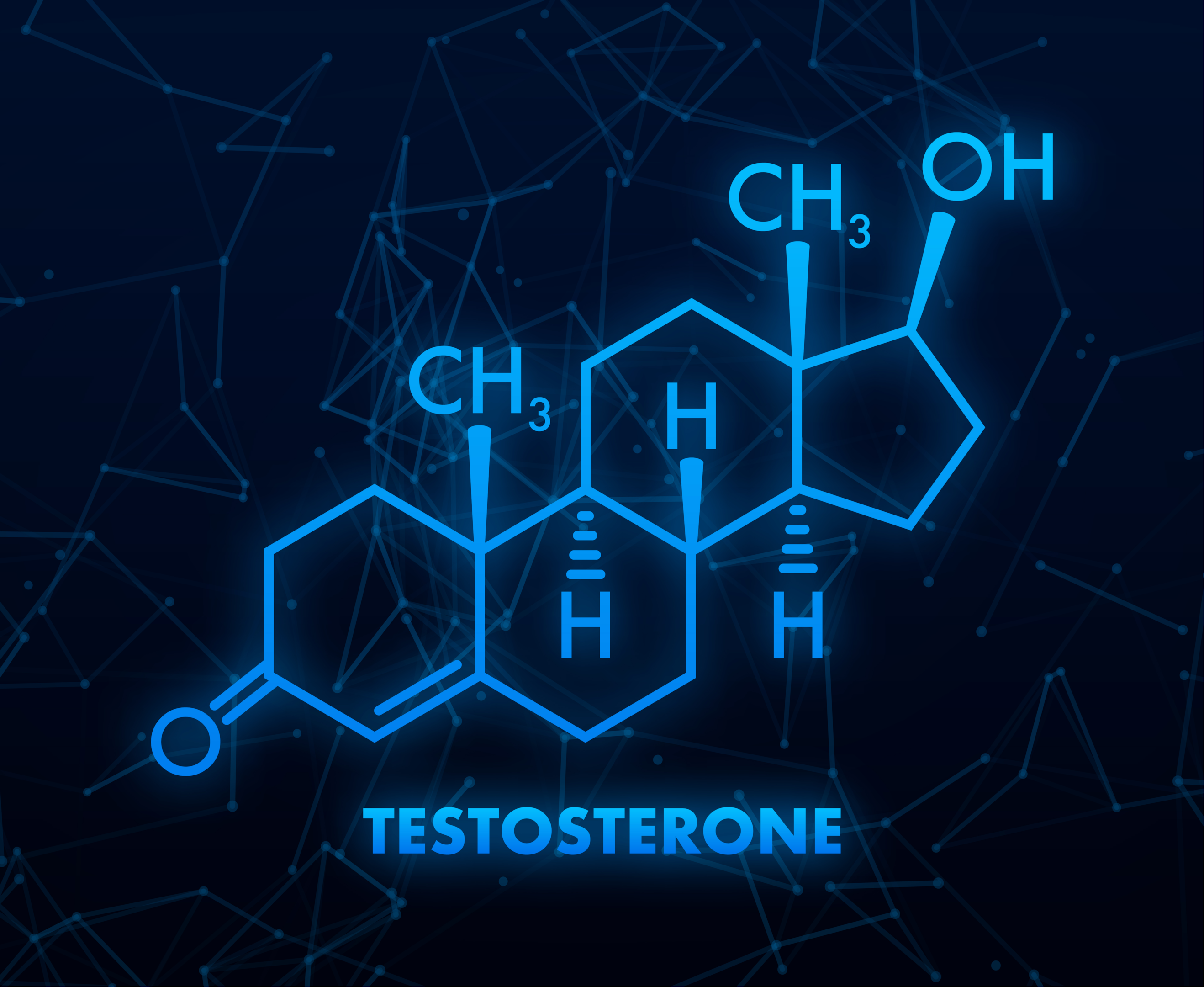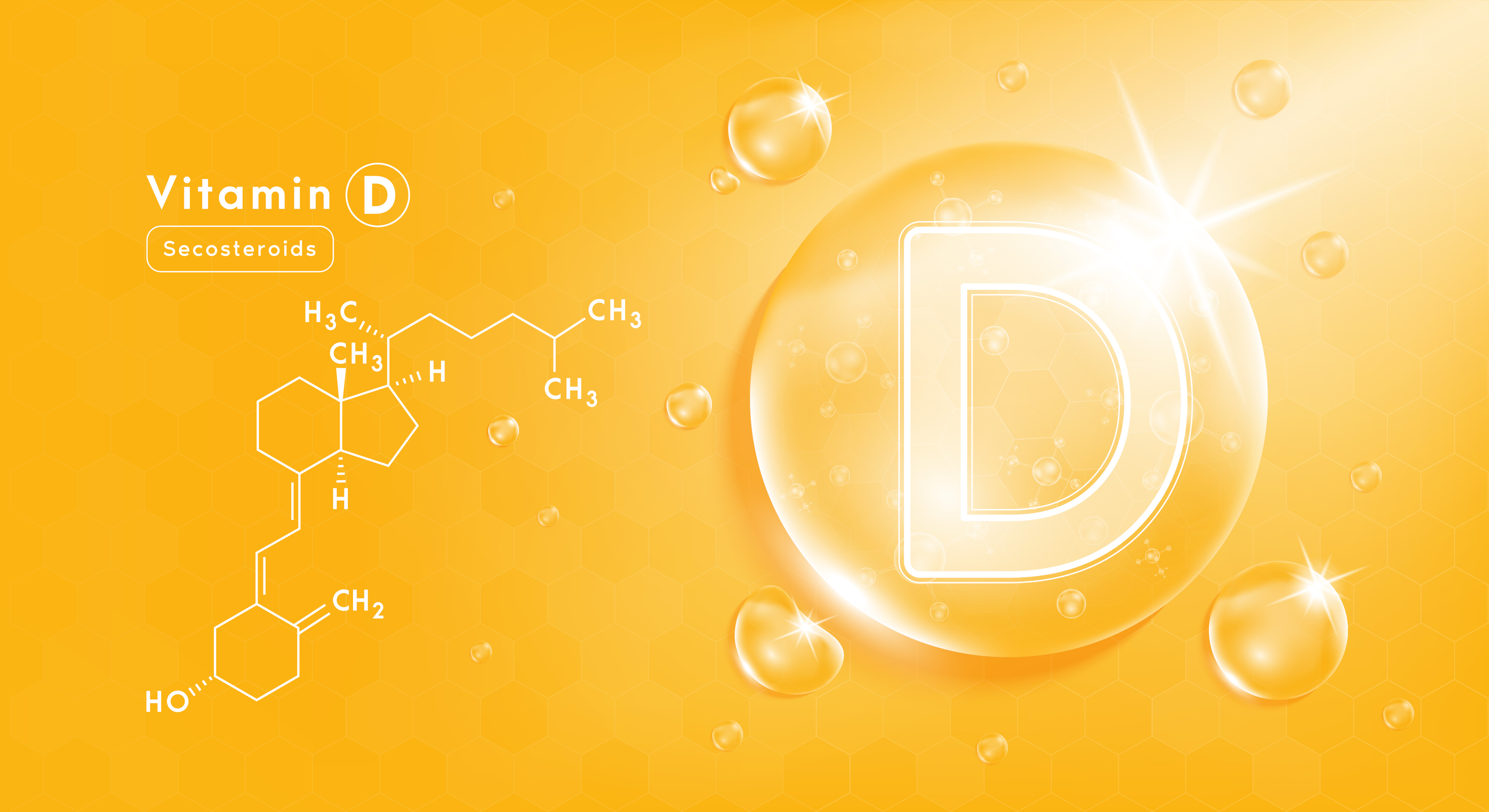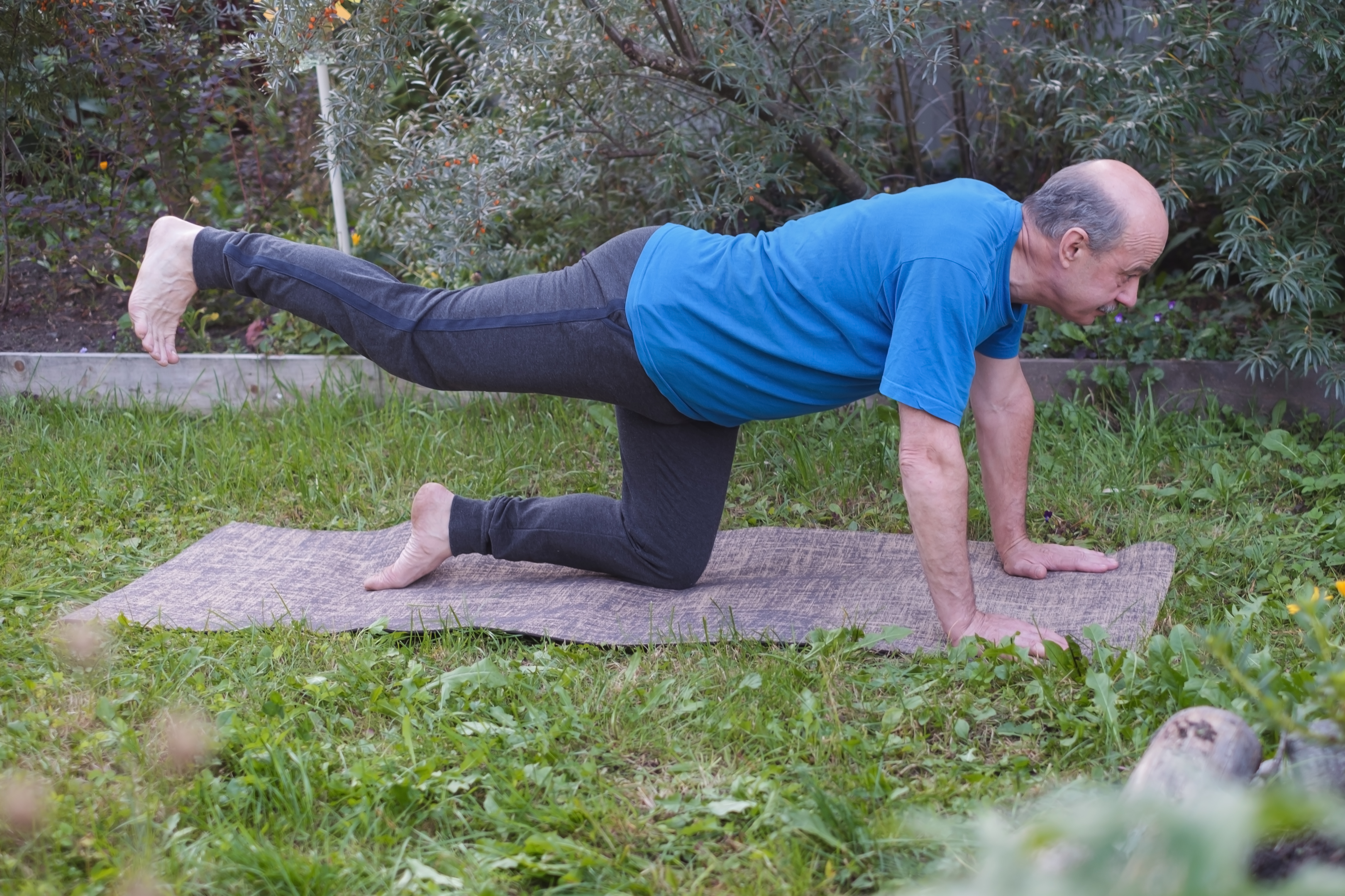How to increase testosterone? Science-backed ways


Understand how you can boost your testosterone levels.

Testosterone is the male sex hormone, and it has an important role in the various sexual, cognitive and ageing processes in men. It is also linked with the development of male sexual characters and sexual behaviour. Its levels are directly related to male health.
Although it is mainly a male hormone, it is also produced in women, albeit in small quantities. It is produced by the testes in men and ovaries and adrenal glands in women.
Testosterone production starts while you were in your mother's womb and reaches a peak in the late teens (17-19 years). There are, however, person-to-person variations. The levels also vary from time to time. However, we are concerned with the average levels. The average levels of testosterone in both genders are;
A drop in testosterone levels occurs after the peak. A rapid decline occurs after 35-40 years of age. Low testosterone levels are not uncommon as, according to a source, 39% of men in the UK aged 45 or above have low testosterone levels. However, some diseases, nutritional factors, and lifestyle issues can cause lower levels at a younger age and the levels will fall at a higher rate against an expected rate of 1.6% per year.
A fall in testosterone levels is not something you can ignore. A low testosterone level can negatively impact your quality of life and physiological functions.

The common consequences of low testosterone are;
You can't afford low testosterone levels. If you have these symptoms, it is wise to have your testosterone levels determined through a blood testosterone test.
If you want a testosterone test, we have a solution for you at Welzo. We provide testing services too. Click here to book your testosterone test.
Now, how can you improve your testosterone levels if you have these issues? I'll describe some common science-backed methods.
What?? Are you being asked to include fats in your diet? But why? To decrease body weight, you might resort to a restrictive diet with low calories and low-fat contents. But remember that testosterone is a steroid hormone and needs fats and good cholesterol for synthesis. So, a restrictive diet can lower your testosterone levels. Therefore, while formulating any diet plan, you should create a balance between caloric intake and daily fat requirements.
A recent study published in The Journal of Steroid Biochemistry and Molecular Biology has confirmed it. This review study included data from 9 databases. It established that a low-fat diet significantly decreased urinary testosterone, free testosterone and total testosterone.

Going too far to lower the body weight can be counterproductive. Including some sources of healthy fats in the diet, e.g., nuts, seeds, avocado, and olive oil, can improve your testosterone levels. Therefore, it is advisable to formulate dieting plans after consulting a nutritionist, as using lower calories than the body's requirements will negatively impact hormones.
The quality as well duration of sleep influences your testosterone levels. Sleep deprivation or too much sleep is not good for your hormones.
A 2011 study found that sleep deprivation resulted in lower testosterone levels. It was noted that only 5 hours of sleep at night for 7 days resulted in a 10-15% decrease in the daytime testosterone levels. The result was a significant decrease in daytime energy levels and vigour.

Sleep deprivation can also increase the cortisol levels, which can result in the decrease of libido and testosterone. It happens because the cortisol hormone depresses the functions of gonads (testes and ovaries).
You should have a target of 7-9 hours of uninterrupted night sleep every night. If it's only happening a few times, sleep deprivation won't be too harmful. However, longer periods can be detrimental. The factors that influence sleep, e.g., temperature and humidity of room and light etc., should be considered. Melatonin and magnesium supplements can also improve your sleep, but they should be used after consulting the doctor.
The major role of vitamin D is in bone health; however, its receptors are found all over the body, and its low levels can also cause lower testosterone levels. It is known that a higher intake of vitamin D will not influence the levels of testosterone. However, lower levels will result in lower testosterone levels.

A 2010 study published in the Hormone and Metabolic Research found that vitamin D supplementation increased testosterone production. The study included 200 subjects who received 3,332 IU of vitamin D for one year, which significantly increased testosterone levels.
Fishes, e.g., tuna, mackerel and salmon are rich sources of vitamin D. It is a very important testosterone booster that helps you in bed. However, before going for vitamin D supplementation, you should first test whether both testosterone and vitamin D levels are lower or normal, as the signs could be due to other issues.
Order your vitamin D supplements here.
Physical activity is also related to testosterone levels, as studies have found that physically active and healthy men have better testosterone levels than people with sedentary lifestyles. Introducing outdoor games can benefit your testosterone levels if you have an inactive lifestyle.
A 2015 study published in The Journal of Clinical Biochemistry and Nutrition noted that an increase in physical activity caused a more pronounced increase in testosterone levels than the increase caused by other lifestyle modifications, e.g., nutrition etc.

However, too many heavy workouts at the start should be avoided as they can cause an overtraining syndrome (OTS) characterised by lower testosterone. It can happen when you don't couple heavy exercise with adequate recovery and rest. High serum creatinine levels could be a reflection of overtraining syndrome. It is particularly important if it is also coupled with lower testosterone levels.
Optimum magnesium levels are very important for your testosterone levels. If you are not taking adequate magnesium daily (420mg for men and 320mg for women), you are likely to have magnesium deficiency and lower testosterone levels. Magnesium also appears to influence muscle function along with testosterone levels. A lot of studies have found that magnesium supplementation improves testosterone levels.
A controlled clinical trial conducted in 2011 found that magnesium supplementation significantly improved testosterone levels in athletes and in the people with a sedentary lifestyle. The increase was, however, greater in the athletes.
However, just like other vitamins and minerals, you should go for level determination before supplementation.
There are a lot of foods that are well known to stimulate the production of testosterone. These foods are known as aphrodisiacs. These foods increase testosterone production and thus influence libido and erectile function. These foods are rich in flavonoids, the famous anti-oxidants that have multiple benefits for you. The flavonoids also increase the production and quality of sperm, besides other benefits.
They also increase testosterone production by influencing the hormone that causes their production. Juices like pomegranate juice raise the production of testosterone by reducing cortisol levels. Alcohol also lowers testosterone levels, so try to leave it or reduce it to the minimum possible.
The herbal aphrodisiacs are onion, garlic, saffron, pistachio nuts, ginseng etc., while the animal-based aphrodisiacs are fish, oysters etc.
The oysters increase testosterone production by providing you with enough zinc. Zinc also boosts the immune system and helps you to ward off infections.
In another article, we have provided more information about how to increase testosterone levels through diet. Click here to read it. Some people use the keto diet due to its benefits. This diet can help you to boost your testosterone too. Click here to learn how the keto diet can help you.
The testosterone hormone has a lot of important functions in the body. A falling testosterone level would result in a general deterioration of body functions. You should continue to monitor the symptoms of low testosterone and can use any of the strategies mentioned above to boost your testosterone.

A rapid decline in testosterone levels can, however, be a sign of a serious medical condition. In such a case, you should seek immediate medical assistance.
At Welzo, we have a range of testosterone-related services for you, e.g., a testosterone blood test, free testosterone blood test and testosterone replacement therapy blood test. You can visit our page by clicking here if you want to know more.
Click here to explore our full range of sexual health services. You can also have an online consultation with our sexual health experts.










Plus get the inside scoop on our latest content and updates in our monthly newsletter.